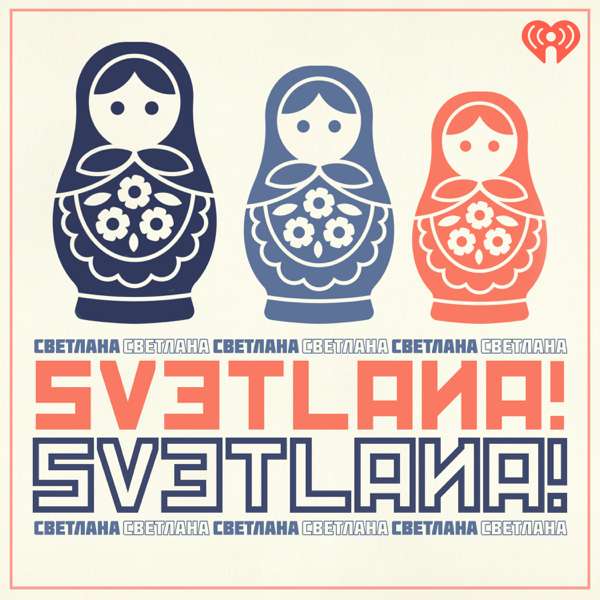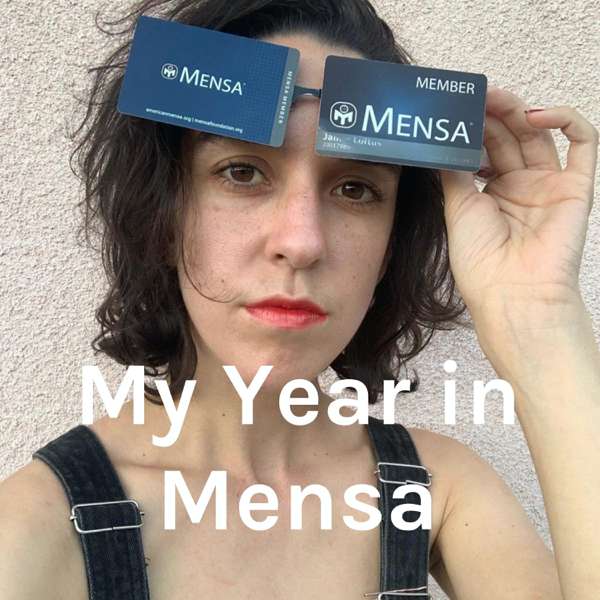The Hidden Economics of Remarkable Women is back for a very special seventh season. If you’re a longtime listener, you’ll know our show generally focuses on women from the global majority, or the global south. But this time, we wanted to cover the banks and institutions shaping global funding—particularly as the world faces an unprecedented amount of governmental debt.
According to the International Monetary Fund (IMF), global public debt is expected to top $100 trillion by the end of this year, its highest level ever. Many countries are facing painful choices about how to spend fewer resources, including on programs critical to women and girls.
We recorded most of our interviews at the IMF and World Bank annual meetings in late October, right before the U.S. presidential election. Here, financial leaders decide how to spend billions of dollars on top development priorities, such as poverty reduction, climate change, and gender equality.
We’ll try to answer some big questions this season: How are countries and multilateral institutions grappling with so much government debt? What are they doing to prepare for the new U.S. administration? And how is all this impacting the fight for gender equality?
For the season premiere, we wanted to start by looking at what has worked in the past. We talk to two incredible women who have both been finance ministers and leaders at multilateral institutions about how they have advanced women and girls economically.
Guests and organizations:
-
Christine Lagarde, the president of the European Central Bank and the former head of the IMF
-
Malado Kaba, the former head of gender at the African Development Bank and current managing director of Falémé Conseil
First, host Reena Ninan speaks with Christine Lagarde, the president of the European Central Bank, the former head of the International Monetary Fund, and former finance minister of France. She is the first woman ever to hold any of these roles. Lagarde was also named by Forbes as the No. 2 most powerful woman in the world last year.
Special thanks to our media partner for this season, the Atlantic Council. They hosted Lagarde at an event during the IMF and World Bank meetings right before our interview.
Then, Reena interviews Malado Kaba, the former director of the Gender, Women, and Civil Society Department of the African Development Bank. She was also the first ever female finance and economy minister for the Republic of Guinea. Kaba is currently the managing director of Falémé Conseil, a consultancy firm focused on African economic growth.
The Hidden Economics of Remarkable Women is a podcast from Foreign Policy, supported in part this season by the Gates Foundation, Northwestern University’s Roberta Buffett Institute for Global Affairs, and the Atlantic Council.
Learn more about your ad choices. Visit megaphone.fm/adchoices

 Our TOPPODCAST Picks
Our TOPPODCAST Picks  Stay Connected
Stay Connected







